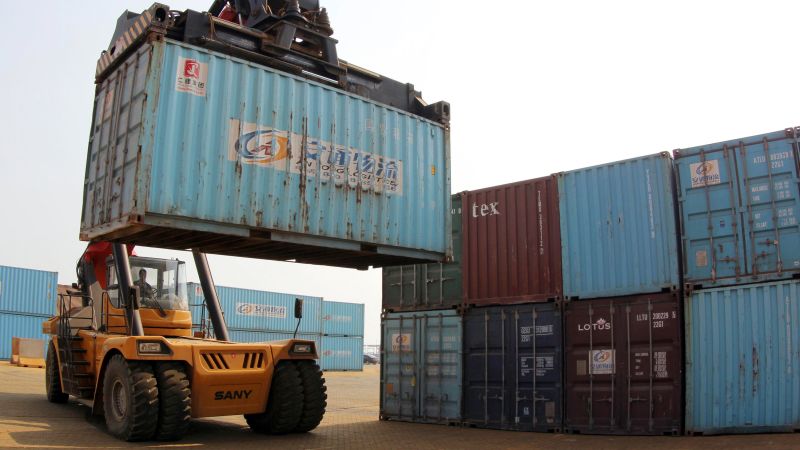China recently announced that it will impose export limits on antimony and related elements in the name of national security. Antimony is a strategic metal used in military applications, batteries, and photovoltaic equipment, and China accounted for 48% of global mined output of antimony last year. The restrictions are being implemented to safeguard national security, fulfill international obligations, and are not targeted at any specific country or region. This move reflects the increasing importance of antimony in military applications, putting a squeeze on the US and European militaries.
The export limits on antimony-related products, effective from September 15, include restrictions on six types of items, such as antimony ore, antimony metals, and antimony oxide. Exporters of affected products must apply for export licenses for dual-use items and technologies. These restrictions come as the US and other countries are trying to reduce their reliance on China for critical materials, including antimony. China’s actions are part of a broader trend of restricting exports of critical minerals like antimony and rare earths in order to secure domestic supplies.
Analysts have noted an increasing demand for arms and ammunition, leading to tighter control and stockpiling of antimony ore. This trend has implications for companies like Perpetua Resources, which is building a US antimony and gold project with support from the Pentagon. Due to China’s export limits, Perpetua is considering ways to expedite antimony production to meet strategic needs. The Department of Defense has expressed concern about the tight supply of antimony and its critical nature, leading to a surge in Perpetua’s stock prices on the news.
China has been implementing a series of export restrictions on critical minerals, including rare earths, graphite products, and gallium and germanium products, in addition to antimony. These moves have pushed prices of antimony to record highs this year, driven by tight supply and increased demand, particularly from the photovoltaic sector. Chinese producers of antimony have seen significant increases in their share prices as a result. Despite being the largest supplier of refined antimony, China remains a net importer of concentrates from countries such as Thailand, Myanmar, and Russia, although imports from Russia have declined this year.
Overall, China’s export limits on antimony and related elements reflect a broader trend of restricting exports of critical minerals to secure domestic supplies and strengthen national security interests. The increasing demand for antimony in military applications and other sectors has led to a tight supply situation and rising prices. Companies like Perpetua Resources are looking for ways to expedite production to meet strategic needs, and global reliance on China for critical minerals is prompting other countries to develop policies to support their own critical minerals sectors. As the market for antimony continues to evolve, both producers and consumers will need to adapt to these changing dynamics.


